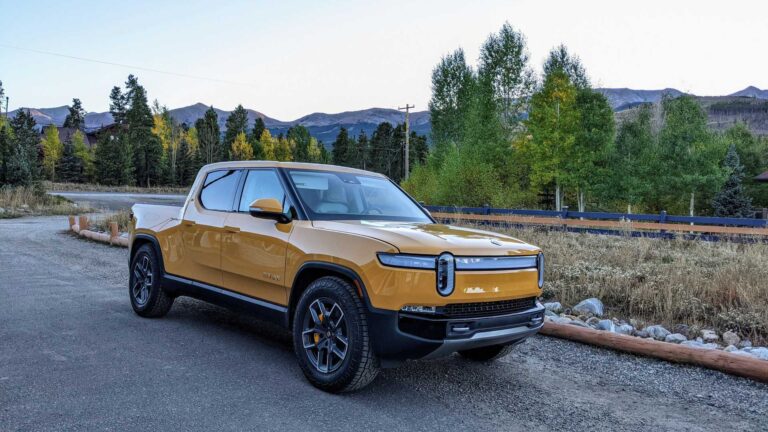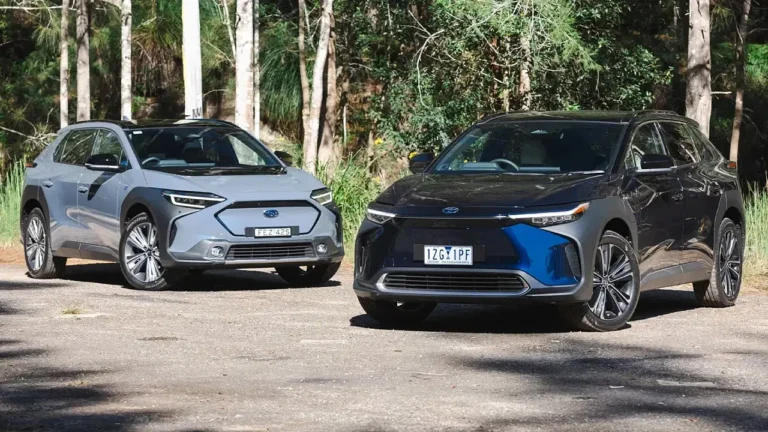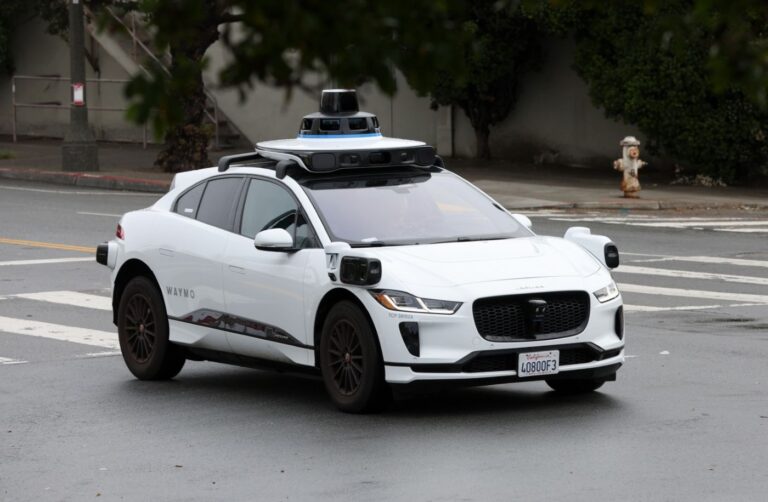Volkswagen and Rivian have joined forces to create an ultra-affordable electric vehicle, but once again, American consumers can only watch from afar as Europe gets the latest innovation.
After months of anticipation, Volkswagen officially unveiled the ID.EVERY1 on Wednesday. This compact EV is set to launch in Europe by 2027 with a price tag of 20,000 euros ($21,500).
Measuring 13 feet in length and designed to seat four passengers, the ID.EVERY1 packs a surprising amount into its small frame. It boasts a range of 155 miles and a customizable dashboard, but its most intriguing feature lies in what’s happening behind the scenes.
A Volkswagen spokesperson confirmed to Business Insider that the production model of the ID.EVERY1 will be the first vehicle to incorporate software developed in collaboration with EV startup Rivian.
Last year, Volkswagen announced a partnership with Rivian that involves the German automaker investing over $5 billion into the startup. Together, they plan to develop next-generation software and EV technology through a joint venture.

Volkswagen’s New EV Strategy
The production-ready version of the ID.EVERY1 will hit European roads in 2027, marking a critical step in Volkswagen’s efforts to revitalize its struggling car business.
The nearly century-old company has faced a sharp decline in sales in both Europe and China—its two biggest markets—due to weaker-than-expected EV demand in Europe and fierce competition from local automakers in China.
Volkswagen has also been grappling with internal struggles, including intense clashes with labor unions over restructuring plans. Last year, the company announced its intention to cut 35,000 jobs by 2030 as part of a broader cost-saving initiative.
Now, VW must also contend with the growing threat of Chinese automakers expanding into Europe. Companies like BYD and Xpeng have ambitious plans to introduce their low-cost, tech-packed EVs to the region, putting additional pressure on legacy automakers.
Rivian’s Challenges Mirror Those of Other EV Startups
While Volkswagen wrestles with industry-wide legacy automaker challenges, Rivian faces obstacles similar to those plaguing newer EV firms.
Best known for its rugged electric trucks and SUVs, Rivian has plans to introduce more affordable EVs in the coming years. However, the company is currently losing nearly $40,000 per vehicle sold.

Adding to its difficulties, Rivian faces uncertainty over federal support for EVs under a potential Trump administration and a broader slowdown in EV sales. Several electric vehicle startups that went public around the same time as Rivian have already declared bankruptcy in recent months.
A Crucial Partnership for Both Companies
For Rivian, the Volkswagen deal provides much-needed financial backing as it scales up production.
For Volkswagen, the partnership enables the automaker to integrate Rivian’s expertise in EV technology and software into its lineup of budget-friendly electric cars. The ID.EVERY1 is expected to be VW’s first step in competing with the influx of affordable Chinese EVs that are set to hit the European market.
Other European automakers, including Renault and Stellantis, are also rolling out budget-friendly EVs. However, there’s no indication that this wave of affordable electric vehicles will be making its way to the United States anytime soon.
Although the production version of the ID.EVERY1 is slated for a European launch in 2027, Volkswagen has not provided any details regarding a U.S. release.



